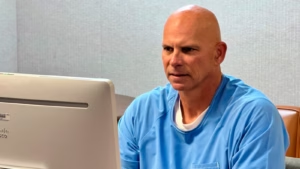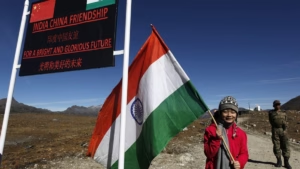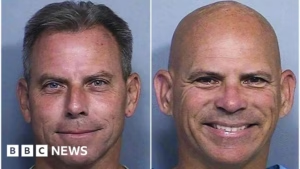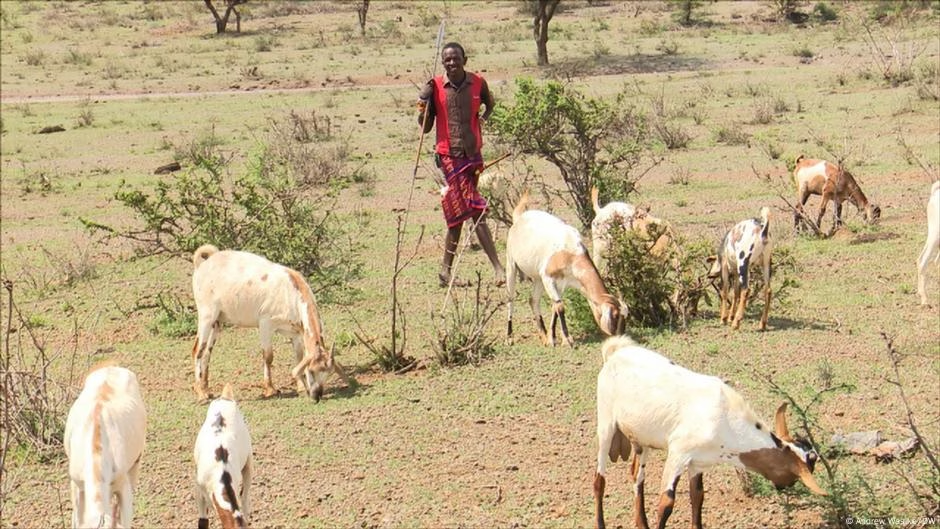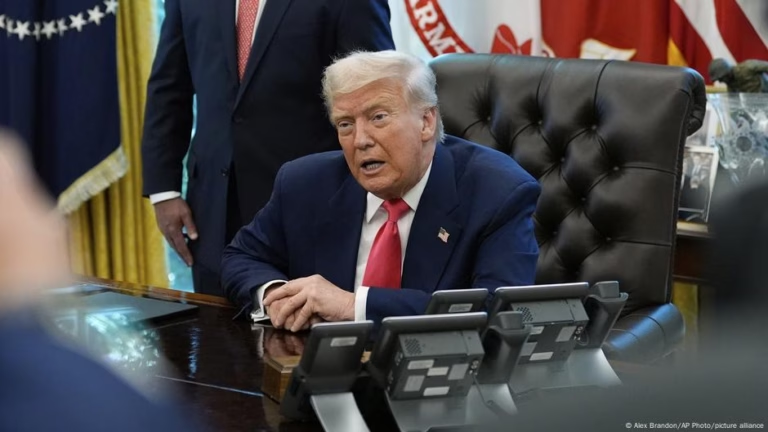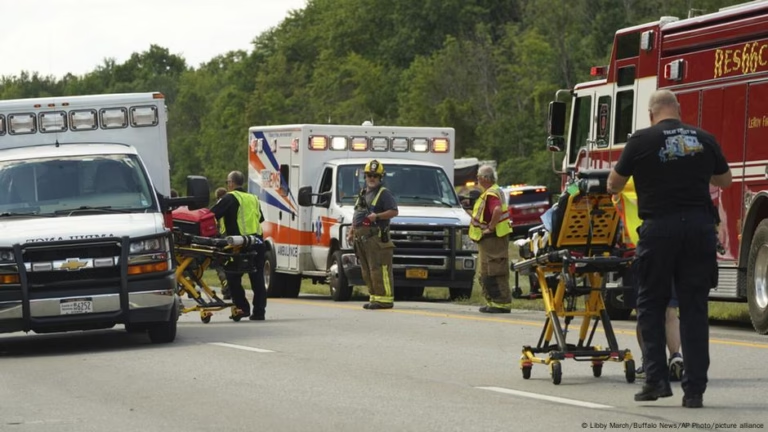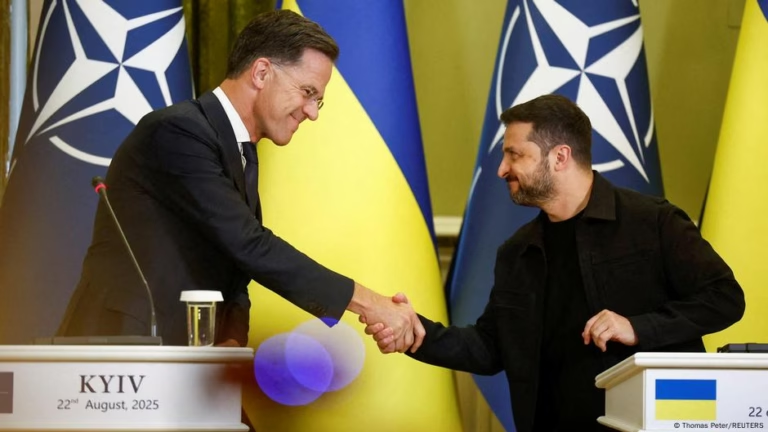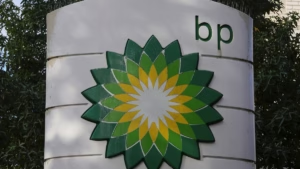The Northern Kenya Rangelands Carbon Project (NKRCP) is a large-scale initiative that spans thousands of miles across Kenya’s grasslands. The project aims to reduce overgrazing from livestock animals to allow for the growth of more grass, thereby decreasing CO2 levels in the atmosphere. Companies such as Meta, Netflix, and Beiersdorf contribute to the project by financing the sequestering of greenhouse gases on the African savannah.
However, many local Indigenous pastoralists see the project as a threat to their semi-nomadic way of life. Restrictive grazing laws, enforced by armed rangers, alienate herders from their lands and exclude them from decision-making processes.
Recently, the Kenya High Court ruled that the initiator of the carbon project, the Kenya-based Northern Rangelands Trust (NRT), was operating without proper legal basis. The court found that the NRT established conservancies without due public participation and ordered the organization to halt operations.
This legal decision could have significant implications for the entire carbon offset sector. A decline in the value of the voluntary carbon market may be linked to governance concerns in carbon projects. Moreover, human rights issues have been reported in such projects, including forced evictions and lost livelihoods.
Despite such controversies, the NRT denies the court’s ruling and has requested a stay of execution while appeals are being considered. This ruling could invalidate a substantial portion of carbon offsets. Many projects have been accused of human rights violations, putting the carbon offset sector under scrutiny.
Source: https://www.dw.com/en/does-the-global-carbon-offset-sector-need-an-overhaul/a-71733505?maca=en-rss-en-all-1573-rdf
